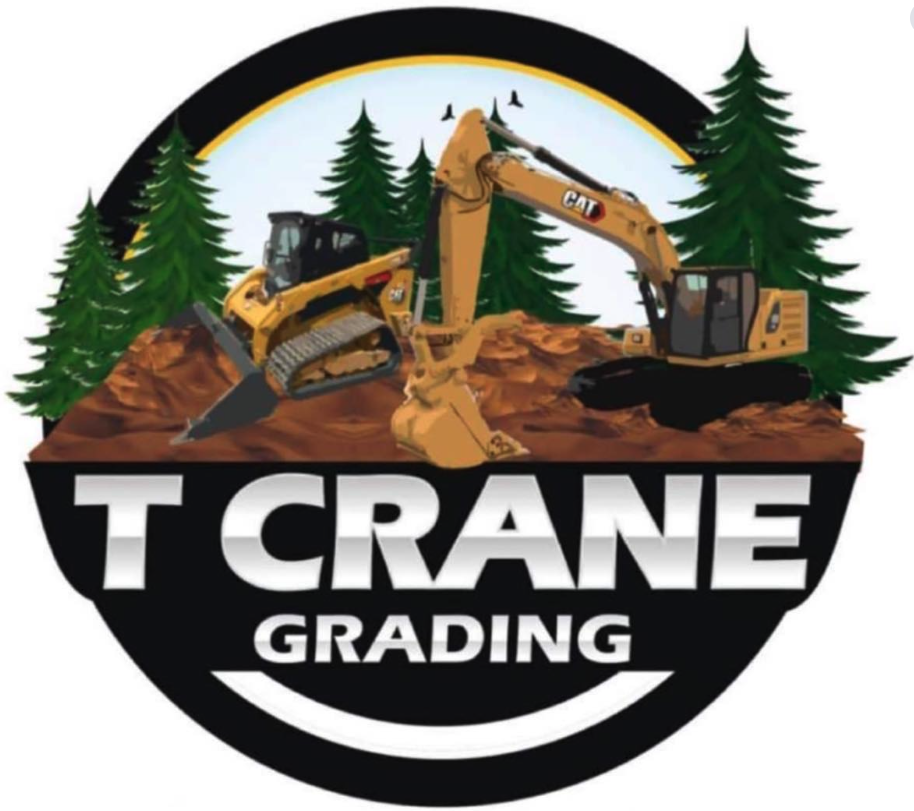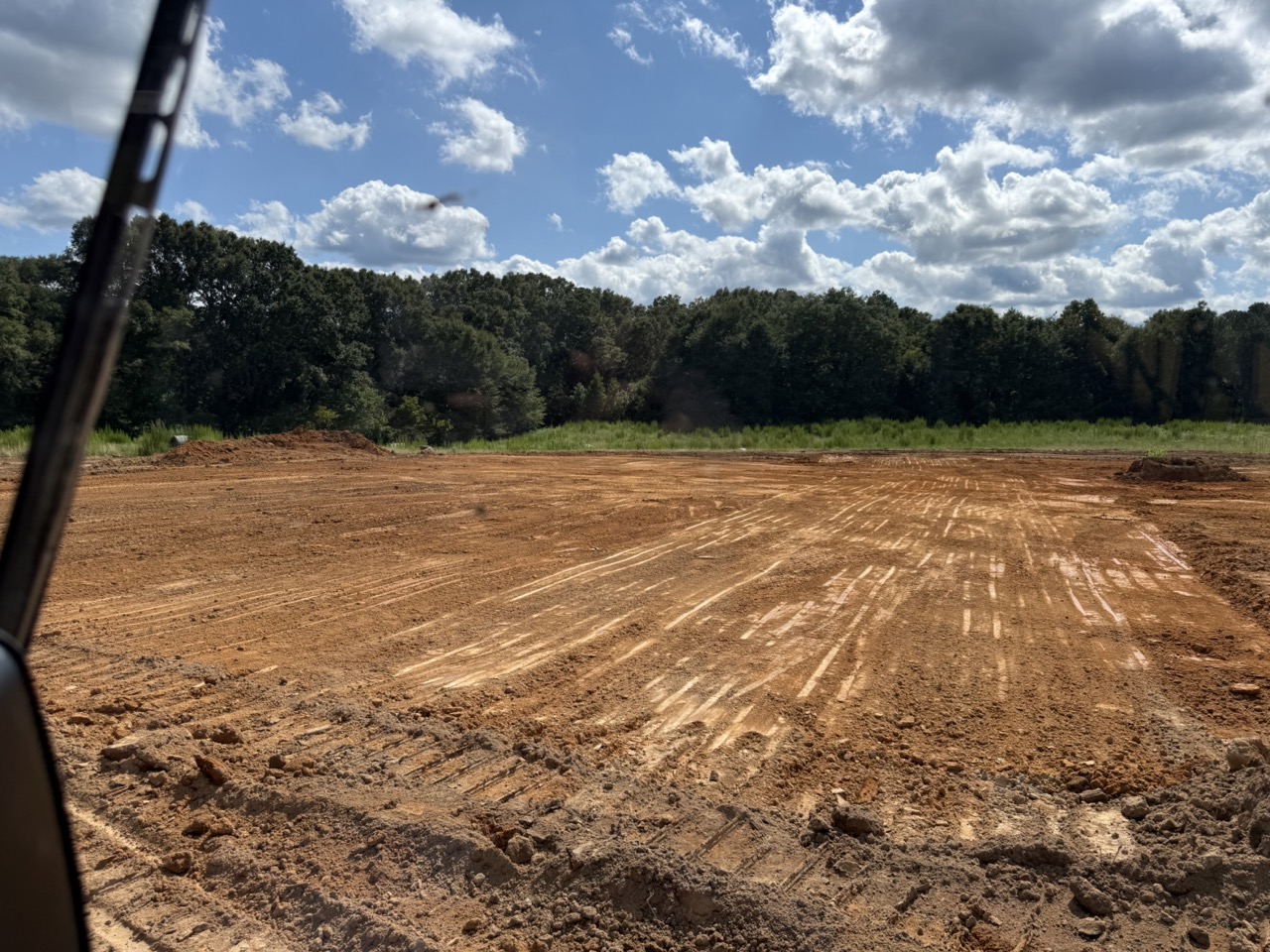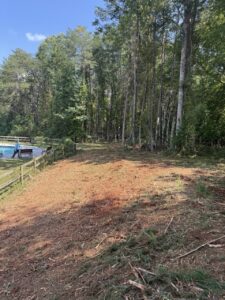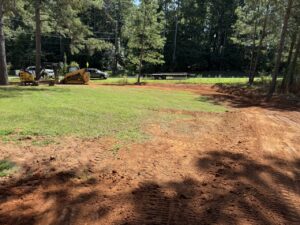If you own property in north Georgia, you may have considered developing or improving your land. Of course, you may have also noticed that pricing for professional land clearing varies significantly from one company to the next. No two jobs look the same, and accurate pricing for this type of work requires some thought and discussion.
Slope, soil, vegetation, and access can all change what it takes to open up or prepare a site safely and efficiently. Whether you’re planning construction or reclaiming overgrown acreage, understanding how professionals determine the price helps you plan with confidence.
This guide from T Crane Grading LLC in Clarkesville explains what goes into estimating land clearing costs, how experts calculate those numbers, and what you can do to keep your project affordable.
What Drives Land Clearing Costs on Georgia Properties
Every property tells its own story. Local experts start by assessing several key factors affecting land clearing cost, each of which plays a major role in your total investment.
Vegetation density and type come first. A light mix of brush and saplings clears quickly, while mature hardwoods require heavier machinery and more time for cutting, grinding, or hauling. Thickets of invasive species like privet or cedar can double the workload compared to open pasture.
Terrain and soil conditions also influence production. North Georgia’s rolling hills, red clay, and rocky ground slow equipment and add wear on blades and tracks. Wet areas near creeks or ponds need extra stabilization and erosion control, which adds to setup time.
Access and logistics also make a difference. A property with a wide gravel drive allows easy mobilization of machinery. Narrow gates, steep slopes, or remote tracts require smaller equipment and more transport hours.
Finally, permits and regulations add to the average cost of land clearing services but protect your investment. Habersham County and the City of Clarkesville both require land disturbance permits for clearing or grading. If your project disturbs one acre or more, stormwater rules apply, which means sediment barriers, seeding, and routine inspections.
How Professionals Go About Estimating Land Clearing Costs
Experienced contractors follow a clear process when estimating land clearing costs. The goal is to build an accurate picture of the site before pricing a single task.
The process usually begins with a site walk-through or drone survey to confirm acreage, check slopes, identify tree species, and note obstacles such as fences or utility lines. Crews count trees by diameter class to estimate cutting time and decide what equipment fits best, whether mulchers, dozers, excavators, or a combination.
Next, the contractor selects a clearing method based on conditions. Forestry mulching is ideal for brush and small trees, grinding vegetation into natural mulch that can stay on site. Traditional cut-and-haul clearing suits large hardwoods or areas where you want a bare surface for future grading.
The estimator then calculates production rates, referring to how many acres a crew can clear per day. That gets multiplied by labor and machine hours. Fuel, transportation, and any required erosion-control materials get added line by line. A professional quote always outlines each component so clients see where every dollar goes.
Reliable contractors include contingency lines for hidden debris or poor weather and note all permit responsibilities up front. This detailed, transparent approach protects property owners from surprise charges later.
Ways To Achieve Affordable Land Clearing Without Cutting Corners
Many property owners aim for affordable land clearing while keeping the quality high. Fortunately, several smart strategies reduce cost without sacrificing results.
- Choose the right method: Forestry mulching often proves most efficient for light to moderate vegetation because it eliminates hauling fees and recycles nutrients back into the soil.
- Bundle services: If your project also requires grading, drainage installation, or driveway shaping, have one company do it all. Sharing equipment across tasks lowers the per-acre cost.
- Limit the clearing area: Mark only the sections you truly need cleared, like a building pad, fence line, or driveway corridor. Leaving mature trees or buffer zones intact improves aesthetics and avoids unnecessary work and expense.
- Plan for dry weather: Scheduling during late summer or early fall speeds up production since machines move more easily on firm ground, reducing ruts and repair time.
- Handle minor tasks yourself: Mowing or trimming small brush before the crew arrives can shorten machine time. Just confirm with your contractor which prep steps are safe to DIY.
Every decision counts. Thoughtful planning and communication will help you get professional results at a fair rate.
Contact T Crane Grading LLC Today To Get a Free Quote for Professional Land Clearing Services
Realistic budgeting of your real estate project is essential. No online calculator can fairly and completely match the precision of a real-world evaluation by a trusted local professional.
For dependable land clearing services throughout Clarkesville and the surrounding Georgia communities, contact T Crane Grading LLC at (706) 701-8044, or contact us online for a free quote.



